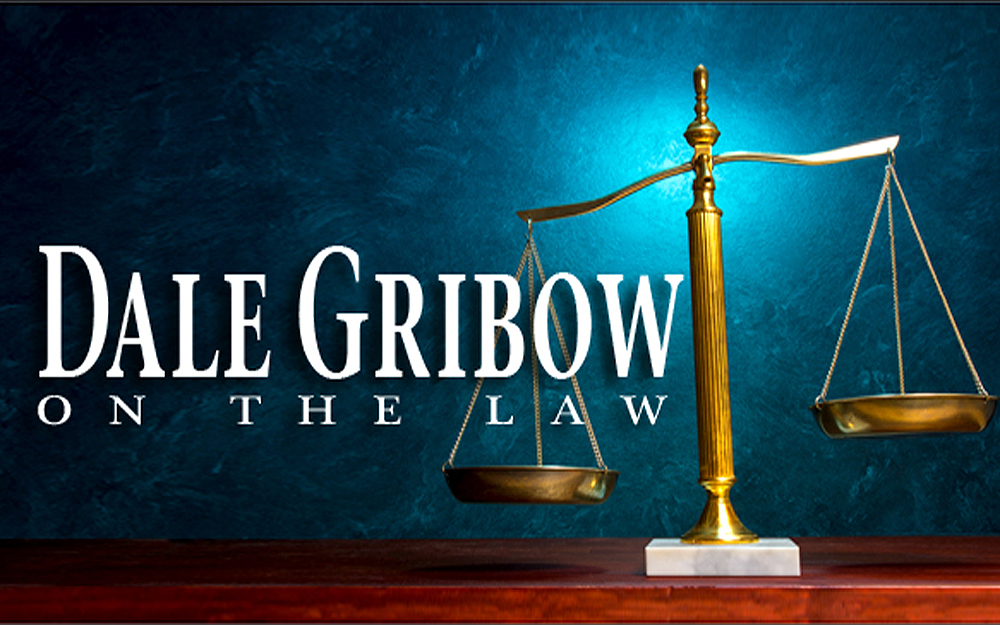
We have all been homebound for most of the last year with COVID, which hopefully will continue to dissipate. According to the Desert Sun on 3/30/21, we may move into the Orange Tier next week. Our courts were closed for a long time and interrupted for most of the year. Some days you are the pigeon and some days you’re the statue. That statue day is coming sooner than later.
That should mean more business’s opening and a resumption of jury trials as they were. To understand how trials work, and the terms involved, I have prepared this treatise, which follows a previous article explaining what legal terms mean.
If you are ever unfortunate enough to be involved in a legal case here are some of the things that will come up, in all likelihood. I will continue where I left off:
Impeachment: This is the process of calling a witness’s testimony into doubt. For example, if the attorney can show that the witness may have fabricated portions of his testimony, the witness is said to be “impeached”. If you are watching the George Floyd trial on TV this week you will see the both sides trying to impeach testimony that is contrary to their case.
Interrogatories: A form of discovery consisting of written questions to be answered in writing and under oath.
Issue: The disputed point between parties in a lawsuit.
Jury: The group of persons selected to hear the evidence in a trial and render a verdict on matters of fact. In a Civil matter it takes 9 jurors and with a criminal case all jurors have to agree on guilt.
Jury instructions: A judge’s directions to the jury before it begins deliberations.
Lawsuit: A civil legal action started by a plaintiff against a defendant, based on a complaint that the defendant failed to perform a legal duty which resulted in harm to the plaintiff.
Mistrial: An invalid trial that is caused by a fundamental error. When a mistrial is declared, the trial must start again with the selection of a “new” jury.
Motion: A request by a litigant, to a judge, for a decision on an issue relating to the case.
Motion in Limine: A pretrial motion (thus one a jury can’t hear) requesting the court to prohibit the other side from presenting, or even referring to, evidence on matters said to be so highly prejudicial that no steps taken by the judge can prevent the jury from being unduly influenced.
Opinion: A judge’s written explanation of the decision of the court.
Oral argument: An opportunity for lawyers to summarize their position before the court and also to answer the judges’ questions.
Peremptory challenge: Each side can exclude a certain number of prospective jurors without cause or giving a reason.
Plaintiff: A person or business that files a formal complaint with the court.
Pleadings: Written statements filed with the court that describes a party’s legal or factual assertions about the case.
Pro per: A slang expression sometimes used to refer to a pro se litigant, in other words, one without a lawyer.
Pro se: Representing oneself. Serving as one’s own lawyer…which is always dangerous.
Record: A written account of the proceedings in a case, including all pleadings, evidence, and exhibits submitted in the course of the case.
Sequester: To separate. Sometimes juries are sequestered from outside influences during their deliberations…such as the News.
Service of process: The delivery of a writs or summons to the appropriate party.
Settlement: When the parties to a lawsuit resolve their dispute, without having a trial.
Statute of limitations: The time within which a lawsuit must be filed or a criminal prosecution begun.
Subpoena: A command, issued under a court’s authority, to a witness to appear and give testimony.
Subpoena duces tecum: A command to a witness to appear and produce documents.
Temporary restraining order: Akin to a preliminary injunction, it is a judge’s short-term order forbidding certain actions until a full hearing can be conducted, often referred to as a TRO (Temporary Restraining Order).
Testimony: Evidence presented orally by witnesses during trials or before grand juries.
Tort: A civil, not criminal, wrong. A negligent or intentional injury against a person or property, with the exception of breach of contract.
Transcript: A written, word-for-word record of what was said, either in a trial or a hearing.
Unlawful detainer action: A lawsuit brought by a landlord against a tenant to evict the tenant from rental property – usually for nonpayment of rent.
Venue: The geographic area in which a court has jurisdiction. A change of venue is a change or transfer of a case from one judicial district to another.
Verdict: The decision of a jury trial or by a judge, that determines the guilt or innocence of a criminal defendant, or that determines the final outcome of a civil case.
Voir dire: Jury selection process of questioning prospective jurors, to ascertain their qualifications and determine any basis for challenge.
Witness: A person called upon by either side in a lawsuit to give testimony before the court or jury.
I hope these explanation assist you in understanding the Floyd Trial on TV and others you will watch or read about in the future.
DALE GRIBOW
Representing the Injured and Criminally Accused
“TOP LAWYER” – California’s Prestige Magazine, Palm Springs Life (PI/DUI) 2011-21
“TOP LAWYER” – Inland Empire Magazine 2016- 2019
PERFECT 10.0 AVVO Peer Rating
“DON’T DRINK AND DRIVE OR TEXT AND GET A DUI OR ACCIDENT… CALL A TAXI, LYFT OR UBER….THEY ARE A LOT CHEAPER THAN CALLING ME”
SUGGESTIONS FOR FUTURE ARTICLE? CONTACT DALE GRIBOW 760-837-7500/dale@dalegribowlaw.com










































